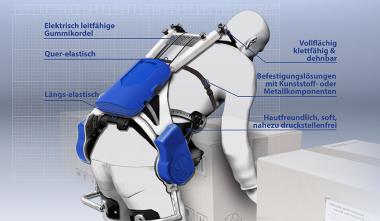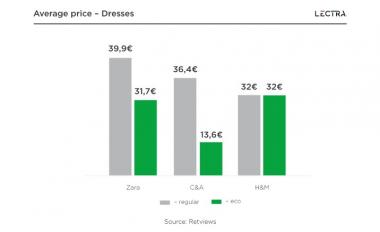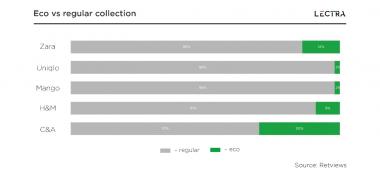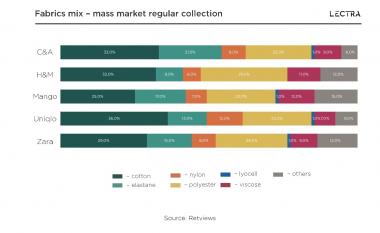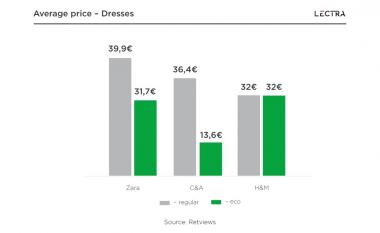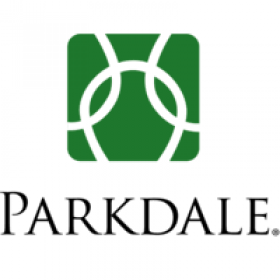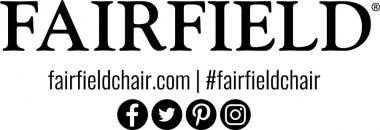Jumbo Textil: Textile Lösungen für Exoskelette
Elastics für die Kraftunterstützung in Medizin und Arbeitswelt
Menschen, die körperlich schwer arbeiten, werden entlastet; Menschen, die nach einem Unfall oder Schlaganfall wieder zu gehen trainieren, erhalten Support; Menschen mit Handicap gewinnen größere Mobilität – Exoskelette bieten in vielen Bereichen wertvolle Unterstützung. Wichtiges Bauteil für die „Kraft-Anzüge“: Elastics von JUMBO-Textil.
Unterstützungskonstruktion mit und ohne Antrieb
Ein Exoskelett ist eine Art Roboter zum Anziehen: eine Konstruktion aus vorwiegend textilen Komponenten, die über den Körper gestreift und angeschnallt wird. Integrierte Sensoren registrieren die Körperbewegungen. Diese Impulse werden in elektrisch angetriebene Bewegungen des Exoskeletts umgewandelt, die die menschliche Bewegung unterstützen oder verstärken. Daneben werden auch Exoskelette ohne Antrieb entwickelt: Diese Konstruktionen zielen darauf ab, Gewicht von schweren Werkzeugen oder Lasten direkt in den Boden abzuleiten.
Hohe Anforderungen, individuelle Lösungen
Da die Skelette am Körper getragen werden, müssen die verbauten Textilien und textilen Bauteile hautfreundlich und so leicht wie möglich sein. Die körpereigene Temperaturregulation darf nicht behindert werden. Die Auflageflächen dürfen keine Druckstellen erzeugen. Und die Exoskelette müssen sich individuell an die Körpermaße der Nutzer*innen anpassen (lassen).
Hightech-Elastics von JUMBO-Textil bieten Lösungen für die Entwicklung von Exoskeletten – in puncto Funktionalität, Sicherheit und Tragekomfort: Sie halten, spannen, schließen und sichern. Sie entlasten und dämpfen Bewegungen und Krafteinwirkungen. Sie leuchten und leiten Signale weiter. Die atmungsaktiven Schmaltextilien sind je nach Bedarf in beide Richtungen dehnbar. Sie schmiegen sich eng an den Körper an und machen jede Bewegung mit. Vollflächig klettfähige Elastikbänder bieten eine einfache, sichere und individuell anpassbare Befestigungsmöglichkeit. Für textile Bauteile als Befestigungslösung nutzt JUMBO-Textil konsequent Komponenten aus Kunststoff oder Leichtmetall. Als Lösungspartner für anspruchsvolle Aufgaben – z. B. im Arbeitsschutz – entwickelt JUMBO-Textil ¬mit seinen Kunden gern auch gekühlte oder beheizte Textilien. Ebenso möglich: die Entwicklung selbstleuchtender Schmaltextilien – für zusätzliche Sicherheit.
stotz-design.com GmbH & Co. KG


